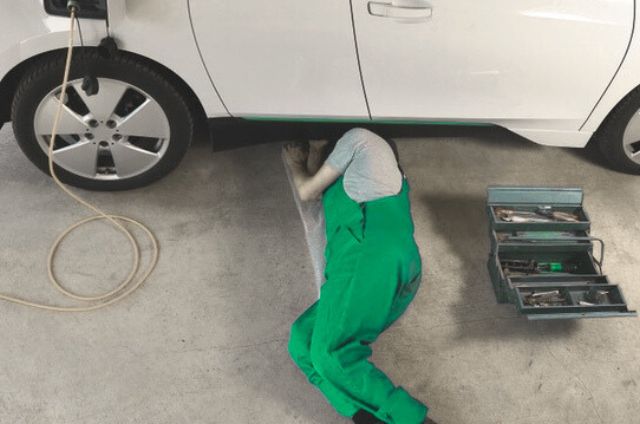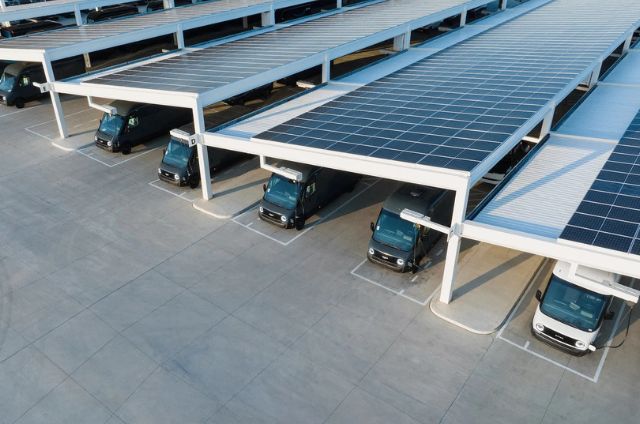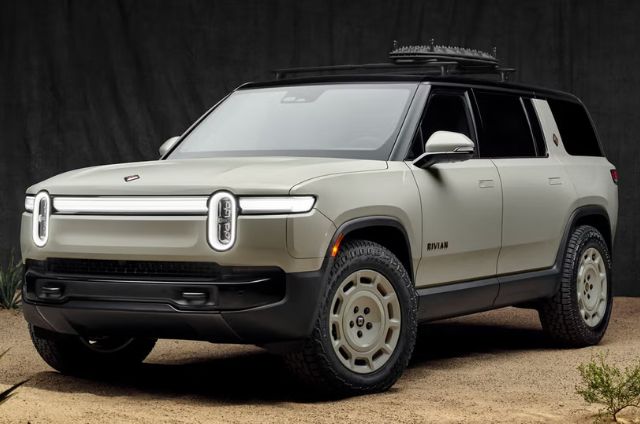EV owners are finding freedom from frequent service—and saving money in the process.
Simpler Systems, Fewer Repairs
Electric vehicles are fundamentally different from internal combustion cars. With no oil changes, timing belts, spark plugs, or fuel filters, EVs eliminate many common service items. There’s no engine to tune or transmission fluid to flush.
That mechanical simplicity pays off. Owners often report years of driving with almost no service beyond tire rotations, cabin air filters, and windshield washer fluid.
Even brake pads last longer thanks to regenerative braking, which slows the car using the motor rather than friction. It’s not just convenient—it cuts costs, too.
Tires and Tech: What Still Needs Attention
One of the few recurring expenses? Tires. EVs are heavier than gas cars and deliver instant torque, which can lead to faster tire wear—especially for performance models or aggressive drivers.
However, with careful driving and proper inflation, tire life can still be optimized. Some owners recommend switching to EV-specific tires that balance durability and efficiency.
In higher-end EVs, electronics and 12V batteries may also require occasional maintenance or replacement. But overall, these issues are far less frequent than engine-related repairs in gas vehicles.
Battery Life and Warranty Protection
Modern EV batteries are proving to be impressively durable. Many drivers report reaching 100,000 to 200,000 miles with only minimal range loss.
Most automakers offer 8- to 10-year warranties that cover battery health, electric motors, and onboard charging systems. In fact, many drivers find daily charging at home to be more convenient than regular gas station visits.
For most EV owners, replacing the battery isn’t even on the radar.
The Verdict From Owners
From Teslas to Ioniqs, real-world EV owners are reporting consistently low maintenance needs. For many, the cost difference compared to gas vehicles is clear after just a few years.
Aside from tires and the occasional filter, most service visits are few and far between.



